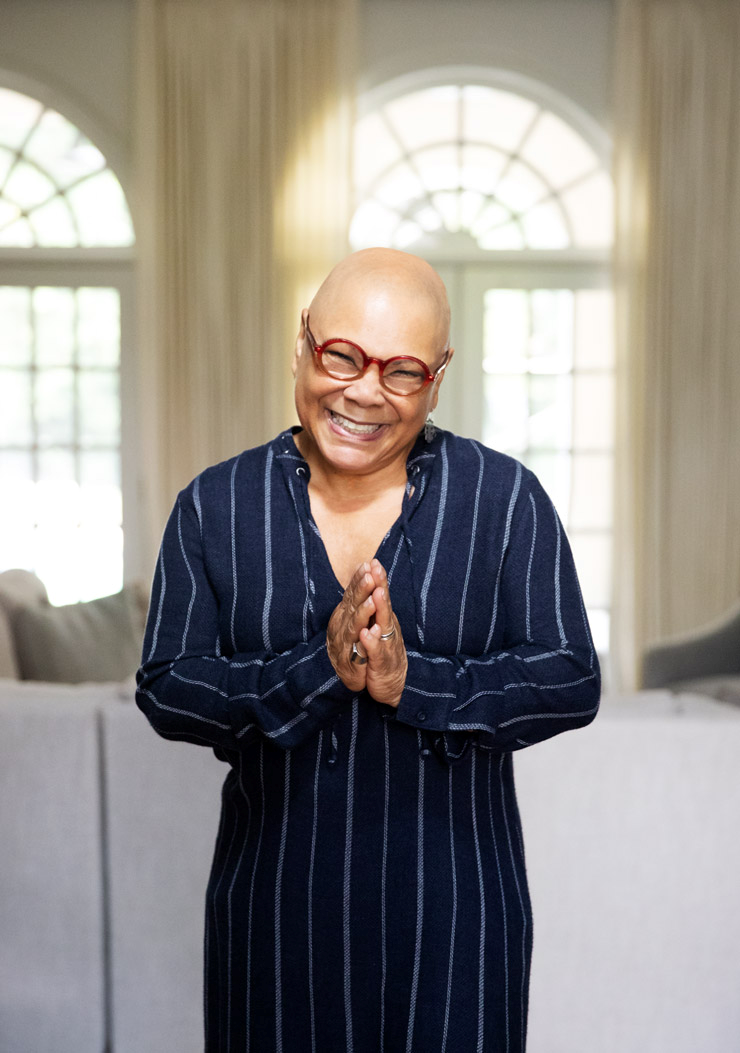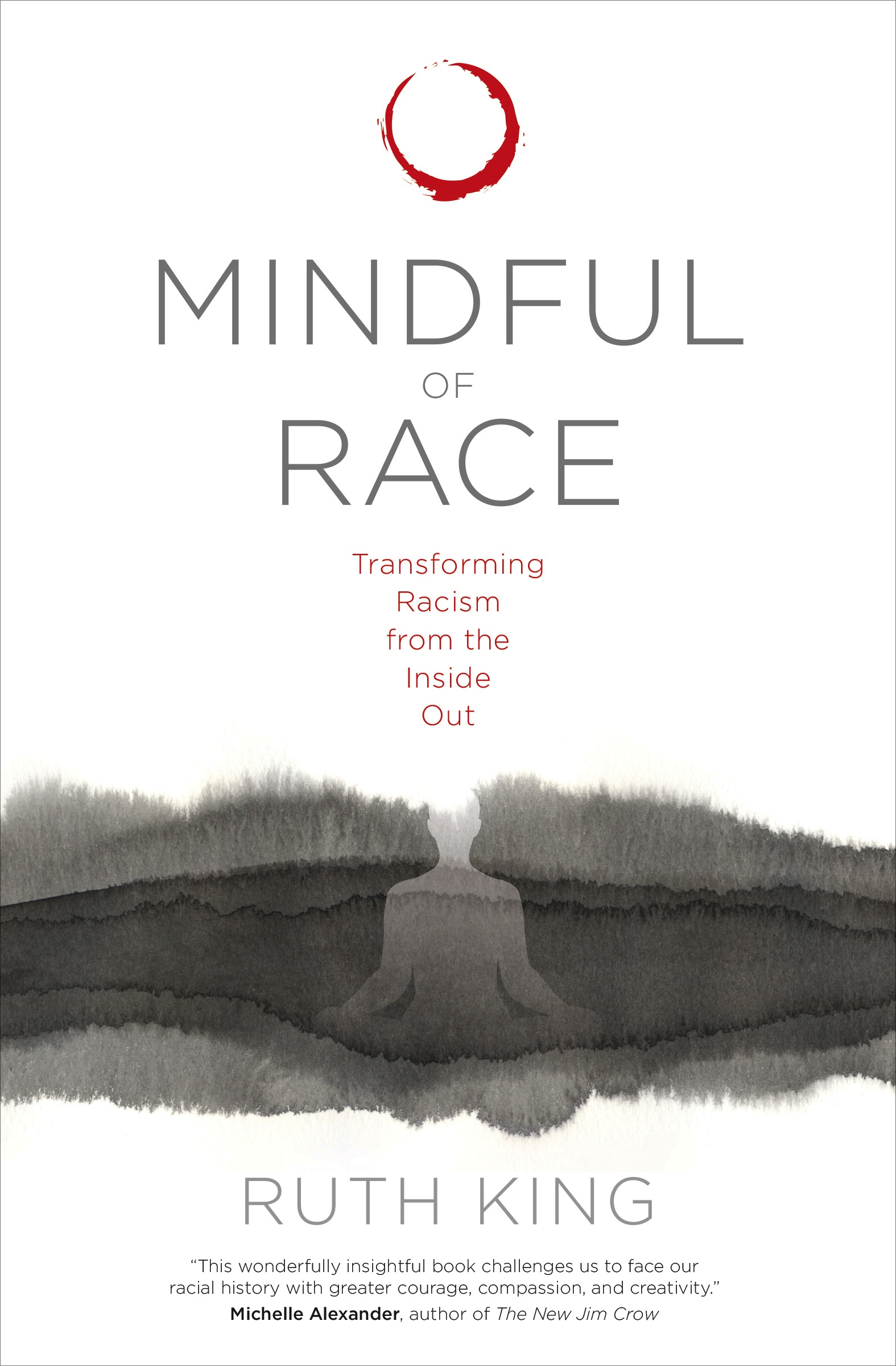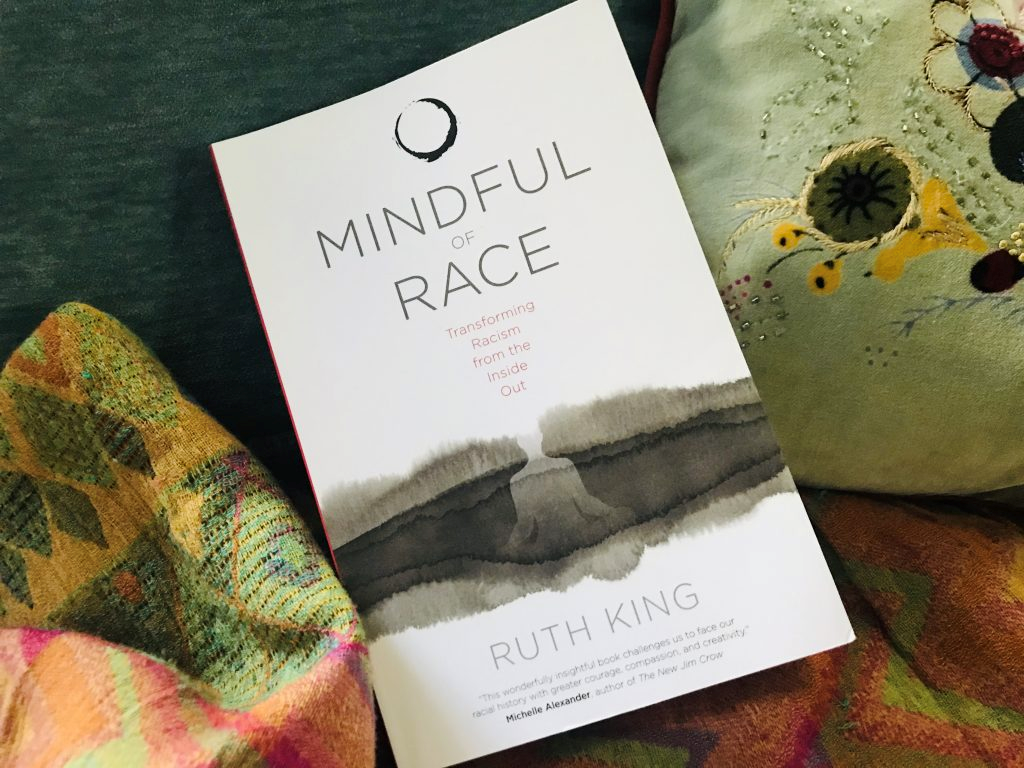Feature image art from: https://www.taracousineau.com
Ruth King teaches mindfulness meditation at Spirit Rock Meditation Center and at the Insight Meditation Society. She is also the founder of Mindful Race Institute, LLC, and a celebrated author. Although I have never met her, to me King is one of those Dharma teachers who seems to truly embody the peace and compassion that she encourages others to cultivate. Known for her ability to be very upfront about the need for social justice while simultaneously keeping her hand extended to all of humanity, her eyes express such genuine kindness that I find myself returning to her again and again as I try to navigate this challenging time of racial distress.

As an African American woman raised in South Central Los Angeles, King, just like many other black and brown bodies, grew up in the midst of social and economic hardships. Trained in clinical psychology and having had a career in leadership and diversity training, she is well placed to explore the suffering that comes from systemic racism. But according to King, it is her mindfulness practice that enabled her to recognize the depth and intricacies of racial distress, and to increase her own experience of inner freedom.
In her book Mindful of Race: Transforming Racism from the Inside Out, she provides the reader with excellent tools to recognize and help dismantle the systems that, for centuries, have privileged white Americans at the expense of people of color (POC). While her book speaks specifically to race in the United States, her insights are valuable to anyone who wishes to investigate and transform their relationship with race.
Just like the Buddha before her, King approaches suffering like a physician: in her introduction she declares “Racism is a Heart Disease, and it’s curable!” Her book is divided into three chapters 1) Understanding Habits of Harm—Diagnosis 2) Mindfulness—Heart Surgery 3) Cultivating a Culture of Care—Recovery. This allows King to shed a light on the uncomfortable truth that racism exists and causes immense suffering, while simultaneously inspiring faith that there is a cure for this suffering.
As part of the path towards recovery, King encourages us to observe the common thought patterns and belief systems that we hold when it comes to race. She also suggests that people of the same race come together in what she terms Racial Affinity Groups (RAGS) in order to mindfully investigate some shared perceptions. This may seem counterproductive to some—after all, aren’t we trying to dismantle the entire notion that people of different races are separate? As King points out, white people in particular are prone to reacting in this way, and often make comments such as “I don’t see color. Aren’t we all the same?” and “Race is an illusion. Why are POC so attached to this concept? Let it go!”

Yet when we approach race in this way we are buying into the very systems that for centuries have subjugated communities of color while privileging white communities. As King points out, POC just have to step into the world to be confronted with the harsh realities of racial injustices. She writes:
“A beautiful teaching often shared in Buddhist communities supports us in placing race in a social context. It’s called the Two Truths Doctrine, and it describes two realities in which we all live: ultimate reality and relative reality. Simply stated, in relative reality, we are some bodies—formed, habituated, ego-driven, and relating to life through concepts. In ultimate reality, we are no bodies—formless, empty of self, and eternal. In relative reality, I am a woman, African American, lesbian, great-grandmother, artist, and elder. However, in ultimate reality, I’m none of these things. I am beyond conception; I am awareness dancing with the karmic rhythms of life.”
As Buddhists, many of us are working towards transcending relative reality so that we may bathe in the realm of wholeness and interconnectedness. That said, this work cannot be completed unless we are willing to recognize and address the suffering that is present—and perpetuated—in relative reality. King’s book is, to a certain extent, a difficult read. She does not shy away from calling out the patterns of harm that we are prone to engaging in. At the same time, the work she has done to transform her own relationship with race shines through the pages, and it provides an open and safe platform for novices and experts alike to investigate their inner mind. Mindful of Race is also filled with humor, and King’s approach to life is so deeply connected with the arts that it is likely to inspire joy and compassion.


